Osho defies categorization, reflecting everything from the individual quest for meaning to the most urgent social and political issues facing society today. His books are not written but are transcribed from recordings of extemporaneous talks given over a period of thirty-five years. Osho has been described by the Sunday Times in London as one of the "1000 Makers of the 20th Century" and by Sunday Mid-Day in India as one of the ten people – along with Gandhi, Nehru and Buddha – who have changed the destiny of India. Osho has a stated aim of helping to create the conditions for the birth of a new kind of human being, characterized as "Zorba the Buddha" – one whose feet are firmly on the ground, yet whose hands can touch the stars. Running like a thread through all aspects of Osho is a vision that encompasses both the timeless wisdom of the East and the highest potential of Western science and technology. He is synonymous with a revolutionary contribution to the science of inner transformation and an approach to meditation which specifically addresses the accelerated pace of contemporary life. The unique Osho Active Meditations are designed to allow the release of accumulated stress in the body and mind so that it is easier to be still and experience the thought-free state of meditation.
Nirvana the Last Nightmare: Talks on Zen Anecdotes
by Osho .
$40.50
$45.00
In stock
Free & Quick Delivery Worldwide
All orders amounting to US$ 50 or more qualify for Free Delivery Worldwide. For orders less than US$ 50, we offer Standard Delivery at $14 per book.
ABOUT THE AUTHOR Osho .
Osho was born in Kuchwada, Madhya Pradesh, on 11 December 1931. Rebellious and independent from childhood, he insisted on experiencing the truth for himself rather than acquiring knowledge and beliefs given by others. He attained 'enlightenment' at 21 and went on to complete his academic studies. He spent several years teaching philosophy at the University of Jabalpur. Meanwhile, he travelled throughout India delivering talks and meeting people from all walks of life. By the 1960s, Osho had begun to develop his unique dynamic meditation techniques. He felt that modern man is so burdened with the archaic traditions of the past as well as the anxieties of modern-day living that he must go through a deep cleansing process before he can hope to discover the thought-less, relaxed state of meditation. In the early 1970s, the West first began to hear of Osho. By 1974, a commune had been established around him in Pune, and the trickle of visitors from the West soon became a flood. Osho spoke of every aspect of life and on the development of human consciousness. Based on his own existential experience rather than on intellectual understanding, he distilled the essence of what is significant to the spiritual quest of contemporary man. Osho left his body on 19 January 1990. His commune in India continues to attract thousands of international visitors who come to participate in its meditation, therapy and creative programmes or to simply experience being in a 'Buddhafield'. Osho's talks have been published in more than 600 volumes and translated into over thirty languages.
reviews
0 in total
Review by Anonymous
Be the first to review “Nirvana the Last Nightmare: Talks on Zen Anecdotes” Cancel reply
You must be logged in to post a review.
Bibliographic information
Title
Nirvana the Last Nightmare: Talks on Zen Anecdotes
Author
Edition
1st ed.
Publisher
Tao Publishing Pvt. Ltd., 2006
ISBN
8172612001
Length
288p., 21cm.
Subjects

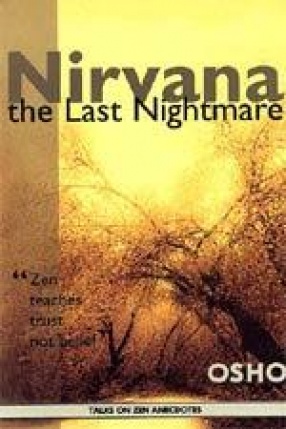
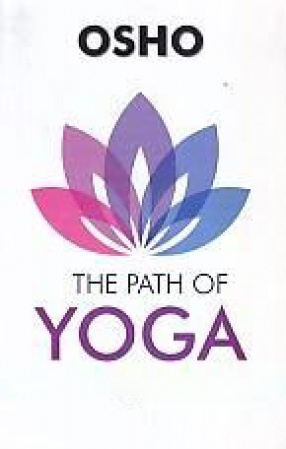
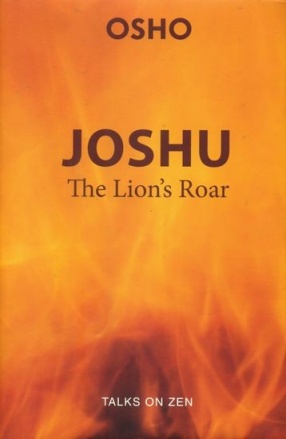
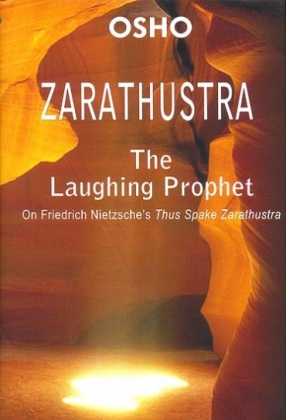
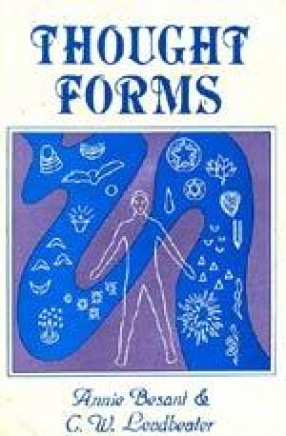
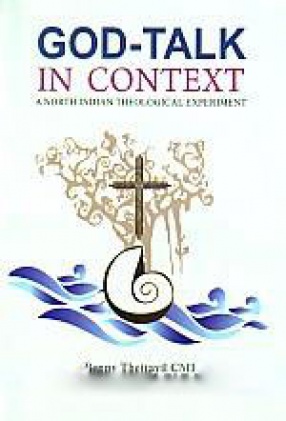
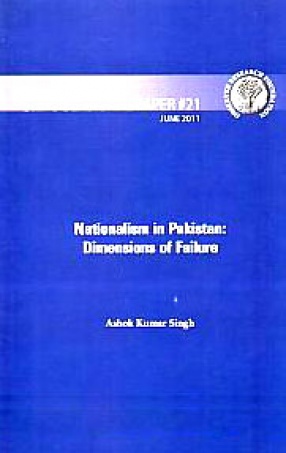
There are no reviews yet.